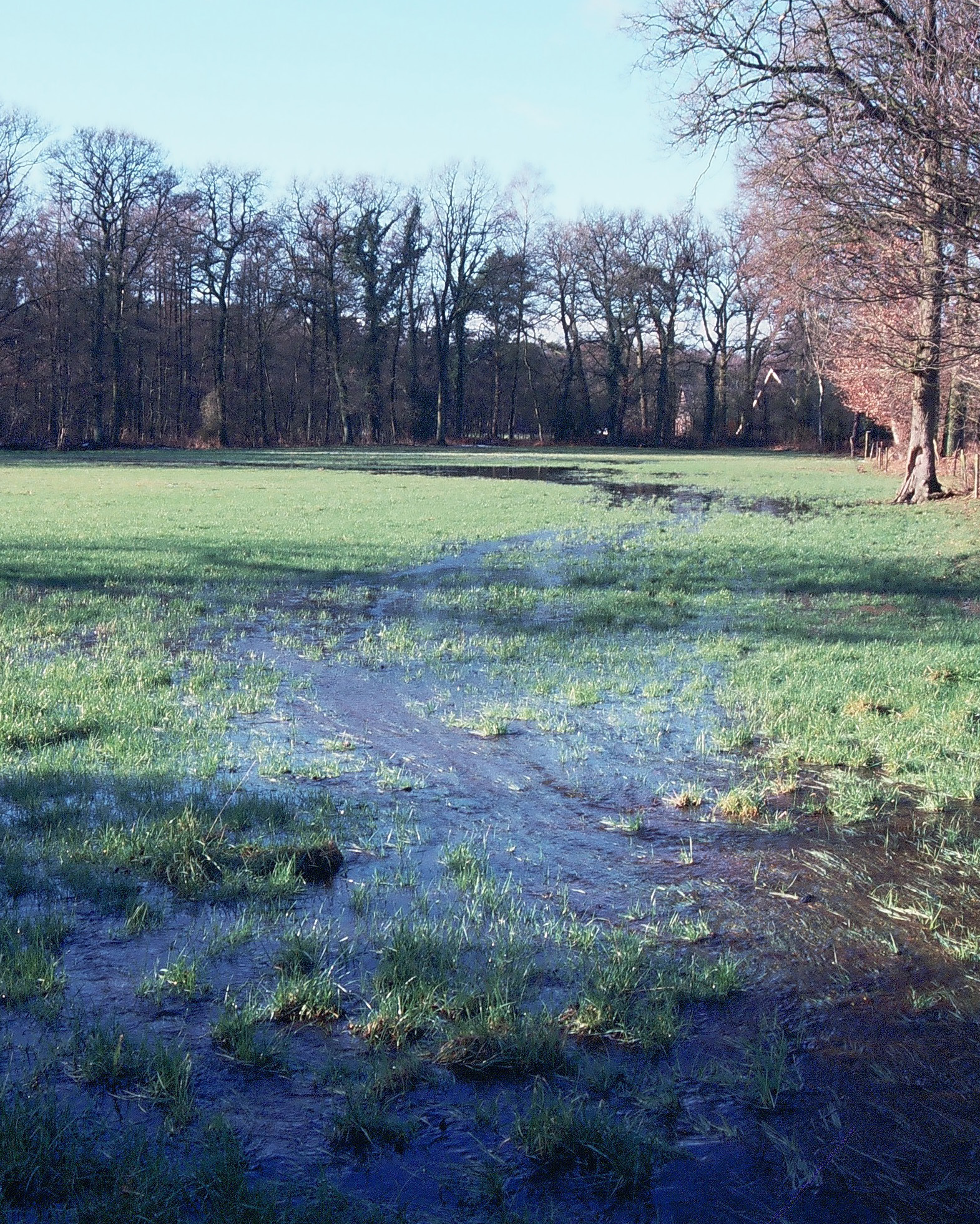

Downloads
DOI:
https://doi.org/10.58981/bluepapers.2023.2.04Published
Issue
Section
License
Copyright (c) 2023 Jet Bakels, Chantal Bisschop

This work is licensed under a Creative Commons Attribution 4.0 International License.
How to Cite
Abstract
Can intangible cultural heritage (ICH) help to reduce biodiversity loss and and water shortages related to climate change? Can it contribute to managing water shortages and surpluses on a local level? This article argues that some useful forms of intangible, “living” heritage offer valuable knowledge and practices that can serve as adaptive strategies in a changing environment. Binding practitioners to a specific place and to each other and connecting past and future generations, ICH can bring local knowledge and experience into the work field. The examples introduced here include grassland irrigation, water milling and hedge-laying: all used in the past, replaced by new inventions (e.g. fertilizers, new techniques for grinding grains and barbed wire taking the place of hedges respectively), and reintroduced because of their potential role in water management and ability to help create a climate-robust landscape. The valuable insights and practices of “citizen scientists” using these traditional techniques are too often overlooked by policy makers and academics.
References
Elpers, S., and Frank Altenburg. 2020. Ruimte voor Immaterieel Erfgoed: Hoe Integreer Je Immaterieel Erfgoed in Je Omgevingsbeleid? [Space for intangible heritage: how do you integrate intangible heritage into municipal environmental policy?]. Arnhem: Kenniscentrum Immaterieel Erfgoed Nederland. https://www.immaterieelerfgoed.nl/image/2020/11/26/ruimte_voor_ie.pdf.
Bakels, Jet. 2021. “Immaterieel Erfgoed en Duurzaamheid” [“Intangible heritage and sustainability”]. Kennisagenda 2021–2024: 19–37. Arnhem: Kenniscentrum Immaterieel Erfgoed Nederland. https://www.immaterieelerfgoed.nl/nl/media/inline/2022/11/15/kennisagenda_2021_2024.pdf.
Bakels, Jet, and Sophie Elpers. 2021. “Immaterieel Erfgoed als Hefboom voor Duurzaamheid” [“Intangible heritage as a lever for sustainability”]. Boekman. Trends in Kunst en Cultuur 127: 38–41. https://www.immaterieelerfgoed.nl/image/2021/6/17/bm127_bakels_elpers_boekman.pdf.
Bontebal, Marike. 2021. “Culture and Heritage Need to Be a Part of Climate Adaptation.” https://www.unesco.nl/nl/artikel/betrek-erfgoed-en-cultuur-bij-klimaatadaptatiebeleid.
Fatorić , Sandra, and Linde Egberts. 2020. “Realising the Potential of Cultural Heritage to Achieve Climate Change Actions in the Netherlands.” Journal of Environmental Management 274, no. 111107: 1–9. https://doi.org/10.1016/j.jenvman.2020.111107.
Ganzevoort, Wessel. 2021. “Green Volunteers in the Spotlight. Understanding Action for Nature through Studying Citizen Scientists and Other Nature Volunteers.” Doctoral diss., Radboud University.
Jagers, Sverker C., Johan Martinsson and Simon Matti. 2014. “Ecological Citizenship: A Driver of Pro-Environmental Behaviour?” Environmental Politics 23, no. 3: 434–53. https://doi.org/10.1080/09644016.2013.835202.
Loen, Suzanne. 2022. “Room for the Rooi: Three Lessons from the Past for Future Water Sensitive Planning on Curaçao.” Living Landscapes. https://www.lilalandscapes.nl/block/3-lessons-from-the-past-for-water-sensitive-planning-on-curacao/.
Loen, Suzanne. 2023. “Thirsty Islands and Water Inequality: The Impact of Colonial Practices on Freshwater Challenges in the Dutch Caribbean.” Blue Papers 2, no. 1. https://doi.org/10.58981/bluepapers.2023.1.12.
Loen, Suzanne. 2021. “Thirsty Cities: Shared Water Heritage in the Small Island States of the Dutch Caribbean.” In LDE Heritage Conference on Heritage and the Sustainable Development Goals: Proceedings, edited by Uta Pottgiesser, Sandra Fatorić, Carola M. Hein, Erik de Maaker and Ana Pereira Roders, 370–96. Delft: TU Delft. https://books.bk.tudelft.nl/press/catalog/book/781.
Rijsdijk, Kenneth F. 2022. Heg. Een Behaagelijk Landschap voor Mens en Natuur [Hedge: A pleasing landscape for man and nature]. Gorredijk: Uitgeverij Noordboek.


